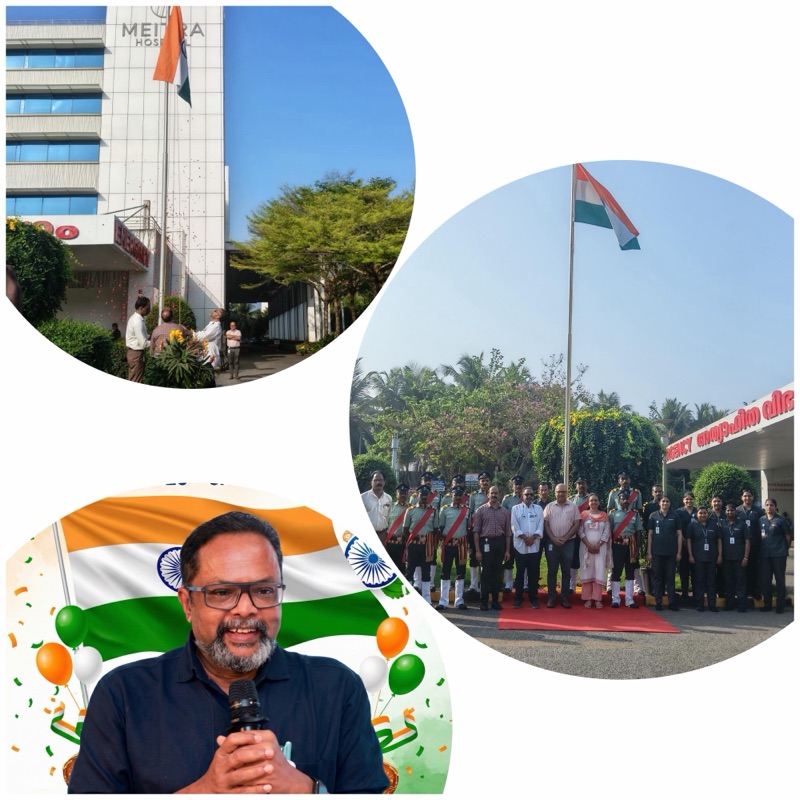DrVenu22.12.16
Dr.Venugopalan.PP: Medical graduate of Govt. Medical College Calicut. Postgraduation Anaesthesiology and Emergency Medicine.Chair &; Lead Consultant in EM at Meitra Hospital, Professor EM at MMC, Regional Faculty AHA, Formerly Expert Committee member KRSA , Director Aster MIMS &Deputy Director MIMS Academy, Founder and Executive Director Angels International Foundation and Trust.Master Trainer in World Guinness CPR Training.Spouse Dr.Supriya; Blessed with Dr.Neethu and Dr.Kamal
Saturday, January 21, 2017
Handling RSI drugs
DrVenu22.12.16
Friday, January 20, 2017
EMERGE 17
Emergency medicine crash course at Vatakara on 22 nd Jan 2017 . By IMA Vatakara and Aster Asha hospital
MRCEM results in India
Great to see the wonderful results of MRCEM part C in Indian centers . MAX and Meenakshi mission had 100 percent results . Aster Medcity and AsterMims also have 100 percent results. Five candidates appeared . All cleared . I believe many other centers are also doing good . What is more important is EM training in India is passing through its phenomenal growth. Certainly it is a reflection of quality training programmes. In nutshell "quality will lead to recognition and not always recognition will lead to quality".
Wednesday, January 18, 2017
Aster CMI Bangalore
Aster CMI Bangalore has been accredited by NABH for Emergency medicine excellence as first institution in Karnataka and fifth one nationally. As of now 5 institutions have been accredited. Nationally three out of five are aster DM healthcare emergency medicine departments. Congratulations Dr Shailesh and team
Thursday, December 1, 2016
DrVenu's Broadcasts
DrVenu'sBroadcasts
DrVenu's Broadcasts
When My Heart Beat in Rhythm with the Nation 🇮🇳
When My Heart Beat in Rhythm with the Nation 🇮🇳 Today, as India celebrates its 77th Republic Day, I experienced a moment that will rema...

-
The Suitcase and The Silence: Remembering Dr. Abdul Rahman and Dr. E.K. Ummer By Dr Venugopalan P P There are wounds that time heals, an...
-
https://www.facebook.com/Emcon2013 EMCON 2013: The Untold Story of Rapid Action and Evacuation in the History of Medical Conferences The ye...
-
Landing in No Man’s Land: An Abrupt Diversion in My Professional Life The years 2006 and 2007 were turning points in my li...




